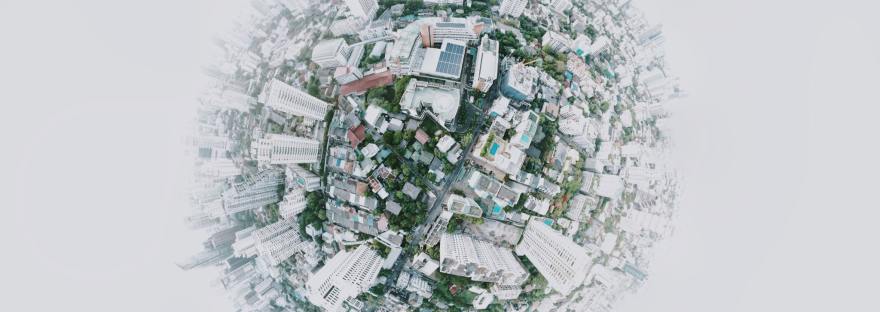I love dystopian fiction. Can’t get enough of it. I’ve been reading it since I discovered Aldous Huxley’s Brave New World in high school. Admittedly, it was the only school-assigned book I read that year (sorry Mrs. Roos). What can I say? I had my priorities mixed up like most high school students, and I, oftentimes, continue to have my priorities mixed up as an adult. In my 36 years on this earth, I still have yet to really figure out what it means to be human. And now figuring out that crucial element seems to be a Herculean task.
Two weeks ago when my husband said, “Here’s the grocery list for the week. I put on extra because we have to be ready for coronavirus,” I laughed in. his. face. Like the good-natured man he is, he weathered my criticism, and I humored him as we picked up a much larger toilet paper package, extra bags of dried beans, some canned and frozen vegetables (an oddity since we always buy fresh), two extra packages of spaghetti and spaghetti sauce, and a huge bag of frozen chicken breasts. On top of our weekly essentials, it was a shopping trip that cost us upwards of our total monthly food budget. I scowled and derided his “hypochondriac over-anxious” reactions, but he calmly replied “If I turn out to be wrong, at least we won’t have to buy groceries for a while. We can’t really lose.”
One week ago, as my husband and I sat at the dining table after a late breakfast, the news alerts on our phones go off: “WHO declares COVID-19 (coronavirus) a pandemic”. Within a few hours, the university I attend and others in the San Antonio area extended Spring Break for a week and hinted at extended closures. My social media feed blew up with posts both expressing concerns about the impending crisis and spreading the idea of a “Democratic hoax” to which “liberal snowflakes” were overreacting. The stock market started hemorrhaging which cast uncertain economic forecasts on people who were already scared that the big bad “P” word had been used. That’s when my husband looked at me, and instead of saying “Told you so” and making me eat crow (which he totally could have), he asked, “Have you heard about Italy?”
Five days ago my sister-in-law who lives with me became ill: cough, shortness of breath, sore throat, and slight fever. She sought out medical advice and tested negative for strep and flu, but the doctor told her she likely just had a cold and that she should self-quarantine to be on the “safe side” because it wasn’t likely she had COVID-19 and she didn’t qualify to be tested anyways. As she sat down with me and cried out of fear (she’s asthmatic and frequently uses a nebulizer by-the-by), everything became real for me. It was a sobering moment for my ego.
Now, everything is uncertain — the state of education and whether my job will even look the same in six month’s time, the health of the economy and whether another recession will wipe out finances again, the supply chain of stores and whether I currently have enough toilet paper to last me until things stabilize. Schools are closed and stores are shuttered and restaurants, bars, and nightclubs have had their “last call” for now. Things are quiet, and I’ve had time to reflect. I have been foolish in my personal fallacy which I have waived about with mortal bravado. I have been wrong for a long time about many things — most recently that about COVID-19 and the need to take it seriously.
Today, I’m eating the crow my husband was too kind to ask me to eat two weeks ago, and I acknowledge that we, as a human race, are truly entering a brave new world… and we are not ready.
Featured image by Joshua Rawson-Harris on Unsplash







